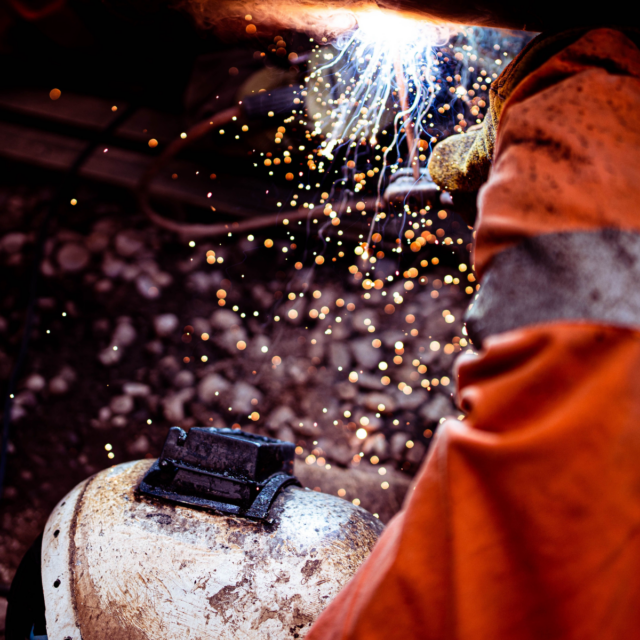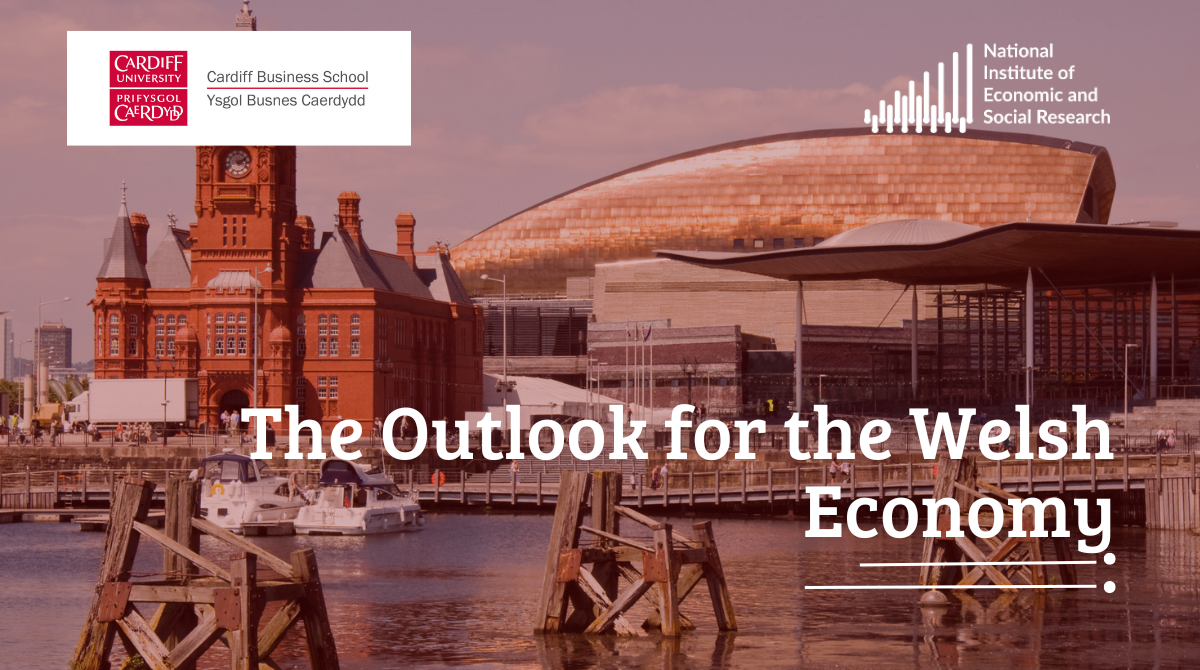The Industrial Turn
Why reindustrialisation can arrest economic decline and help renew the UK

A new economic consensus is taking shape. Gone is the idea that globalisation is inevitable, that the future lies solely in the ‘knowledge economy’ based on transferable skills like PowerPoint presentations and that Britain can merely compete in internationally tradable services such as finance or corporate law. Long-term investment was synonymous with low profit, while the future was financial speculation.
Globalisation and free trade are slowing down in the face of post-pandemic supply chain disruptions and protectionist practices such as subsidies to domestic businesses, as with the Biden Administration’s Inflation Reduction Act that promotes ‘Buy American’. Since Covid we know just how vital the manual and vocational skills of key workers are for surviving and thriving. And the resurgence of war in Europe and the Middle East highlights the enduring importance of industrial capacity to defend ourselves and our allies.
The age of liberalising free trade after the end of the Cold War has given wage to a new age of mercantilism – state intervention in the economy aimed at minimising imports and maximising exports. You could call it having your economic cake and eating it too.
Our ‘just-in-time’ economy built on short-term profit maximisation has not served us well at a time of increasing insecurity when we need longer-term capacity ‘just-in-case’. Covid-19 shone a cold light on the lack of critical medical supplies like face masks and personal protective equipment, which we had to import from the very country that gave us the virus.
The geopolitical shocks of the wars in Ukraine and now in Gaza have laid bare our lack of domestic energy supply and storage as well as our hollowed-out defensive capabilities. Just before Russia’s attack on Ukraine, UK stores only held enough gas to meet demand of half a dozen winter days, which represented just 1 per cent of Europe’s total available storage – compared with about 16 per cent for Germany. Our vulnerability was self-inflicted since the closure of the Rough storage facility that provided 70 per cent of UK gas reserves. The Rough facility shut down as a result of a government decision back in 2013 to end subsidies for maintaining and upgrading the site. It was another triumph of short-term thinking.
The geoeconomic shock of the spike in inflation and the US-China trade and technology wars demonstrate our dependence on hostile foreign countries we cannot trust. The focus is fast shifting to Taiwan whose semi-conductor industry is called the country’s ‘silicon shield’ for producing more than 60% of the global supply of semiconductors and over 90% of the most sophisticated ones. A naval blockade or invasion of the island by Beijing would trigger colossal costs for our economy. As globalisation slows down, the world’s great powers are pursing even more aggressively their national interests and economic resilience. As a middle-sized power and the world’s fifth largest economy behind the US, China, Japan and Germany, the UK has to adapt and rethink its economic model.
The overarching priority is to re-shore some industrial production and build up more domestic capacity. A vital part of this is high-tech manufacturing and industry, including battery capability and other elements of the transition to net zero such as solar and wind. As Aurora Energy Research reports, building long-duration storage using new technologies such as pumped hydro, liquid air and flow batteries could reduce carbon emissions and energy costs amounting to a cut to average household energy bills by more than £25 – a small yet significant step in the energy transition away from reliance on importing fossil fuels from unreliable foreign powers. The fact that solar panels and wind turbines are currently imported is not a reason for not building up more capacity and developing trading partnerships with allies rather than depending on geopolitical foes such as China.
Other industrial policy priorities are the defence industry to boost production of ammunition for the war effort by Ukraine and Israel, agriculture and food processing, as well as a mass house building programme with 300,000 new homes per year – including 100,000 affordable ones. The latter will require much more competition in the construction sector combined with a UK-wide programme of training builders and plumbers and electricians. We need to cut our addiction to importing skilled workers from overseas.
While the Conservatives under Rishi Sunak cling to the old orthodoxy of Global Britain and buccaneering free trade, Labour is now following the lead of the Biden Administration in embracing the Build agenda. But given the much smaller size of the UK economy, Britain needs to adopt a smart strategy, one that builds on the various regional industrial strategies developed by the Greater London Authority, the Greater Manchester Combined Authority and Tees Valley.
Labour should also renew and extend the Tudor legacy of statecraft of creating colleges and autonomous institutions between state and market, which can provide high-quality vocational and technical training. Key to an intelligent industrial strategy is specialisation linked to place: naval colleges in Newcastle, automotive engineering in Wolverhampton, nuclear engineering in Somerset, battery factories in the Midlands. Levelling Up and reducing regional inequalities will require much more than just banking on cities and financial clusters. A new economic settlement that combines home building with reindustrialisation would help revive the UK economy and enable the left to build a New Deal for the 21st century.
A version of this article first appeared in The New Statesman on 24 October 2023













